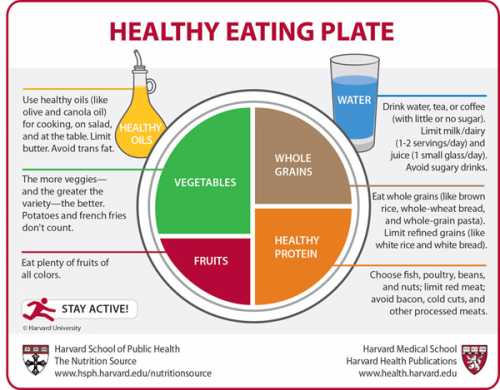CALORIES ARE NOT ALL THE SAME
Supplements for weight control

A study just published in the Journal of the American Medical Association, which examines the effects of different diets on weight loss and health, states: calories are not all the same. Let's see why!
The type of diet that you choose to follow can therefore be critical not only for health and prevention of diseases, as we have pointed out repeatedly, but also for the weight loss and maintenance of weight reached. And 'as demonstrated by a recent study, published in the Journal of the American Medical Association, and conducted by Cara Ebbeling and David Ludwig of the New Balance Foundation Obesity Prevention Center at Boston Children's Hospital, which is the largest center for research based on a pediatric center affiliated with the Harvard Medical School.
To many people, in fact, happens to succeed in losing weight, by diet, but not to be able to maintain that loss over time. Only 1 out of 6 adults, overweight or obese, is able to maintain at least 10% of the weight loss for a year. This is the figure reported by the National Health and Nutrition Examination Survey (1999-2006), which is a research program, sponsored by the U.S. government to probe the health and nutrition of the U.S. population.
The study was completed on 21 adults (aged 18 to 40 years old) who, after having reduced the body weight of 10-15%, and it stabilized, adopted three diets in random order: low-carbohydrate diet, poor diet fat, low glycemic index diet, each for 4 weeks. The results were evident, despite the order of the diets varied from person to person:
The low-carbohydrate diet
10% of daily calories from carbohydrates, 60% from fat and 30% from protein.
Had the metabolic outcomes more impressive, but increases the risk of stress: insulin resistance and cardiovascular disease, but also fat.
The low-fat diet
based on whole grains, fruits and vegetables. Over 60% of daily calories from carbohydrates, 20% from fat and the other 20% from protein.
As well as to burn fewer calories than others, and therefore not to maintain your weight, was the less favorable levels of HDL cholesterol and triglycerides.
The low glycemic index diet
based on minimally refined cereals, vegetables, fats (especially unsaturated), legumes and fruits. Over 40% of daily calories from carbohydrates, 40% from unsaturated fats and 20% from protein.
Is proved to be the best: the most easy to practice long-term, as it does not delete entire classes of foods, but maintains a variety of foods.
The study then shows how to maintain your weight, it is more important to reduce refined carbohydrates that reduce all fats equally.
In conclusion, a calorie is not just a calorie, and a diet that is not one for combat overweight. We need correct information.
Supplements for weight control
